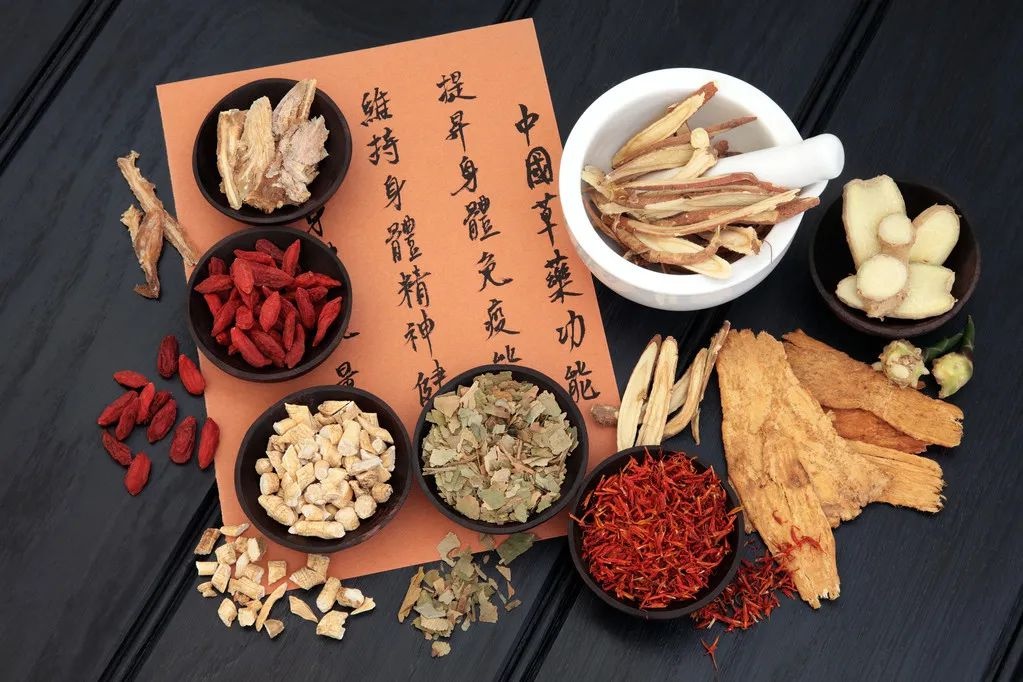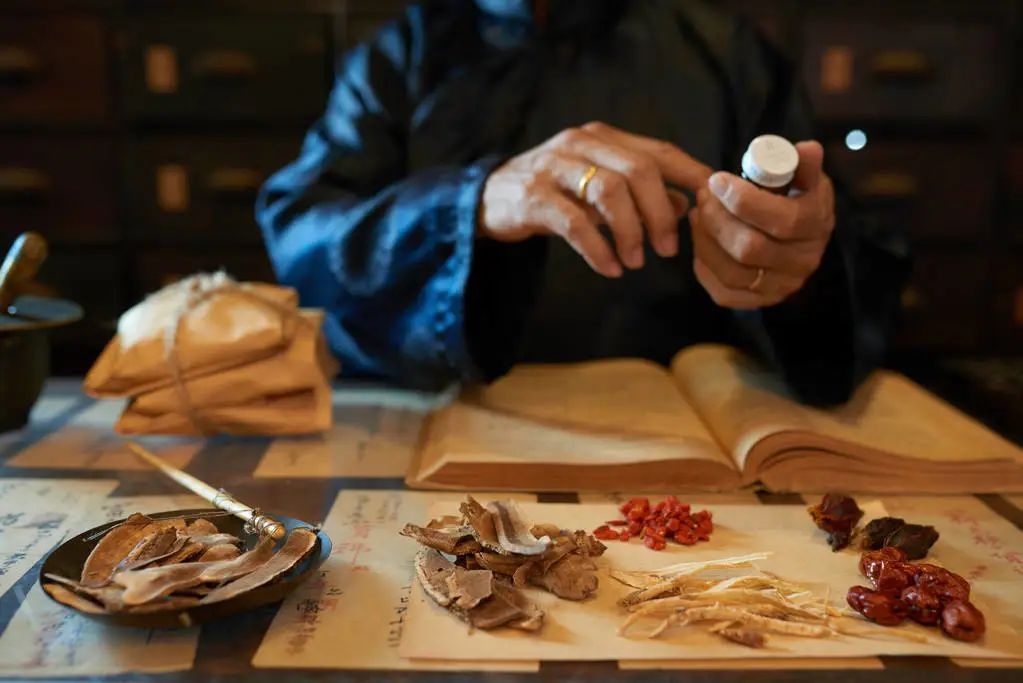Is your Chinese medicine "expired"?
Author:Changjiang Daily Time:2022.09.23
In the Chinese medicine room window,
Some people often ask the pharmacist:
"My medicine has been at home for a long time,
Can I still eat it? "
So, does Chinese medicine have a shelf life?
How long can it be stored?
In fact, Chinese medicine tablets are different from western medicine, and there is no strict validity period. In general, as long as the storage environment is appropriate and the maintenance is reasonable, it can be stored for a long time.
For example, ore -based medicinal materials have a hard texture and stable ingredients. After five years of placement, the active ingredients will not change significantly. The same is true of some rhizomes of solid seeds. As long as the temperature and humidity stored in the storage are reasonable, they can be stored for a long time without being contaminated. Bleak
Therefore,
The control of the quality of Chinese medicine tablets is more difficult,
For a long time,
The experience and practice of pharmacists can only be
Sensor methods such as eyesight, taste, nose smell, hand touching, and hands
Go to judge the quality of drinks,
Only when insects, mildew, oil, pantothenic acid, discoloration and other phenomena appear
It was only determined that the deterioration could not be used.
Common spoile phenomenon of Chinese medicine drinks
01 insects
It refers to the destructive effect caused by the pest invading the internal Chinese medicine. Chinese medicine insects mostly occur in traditional Chinese medicinal materials containing starch, sugar, fat, protein and other ingredients, such as Baiyan, Guatuki, Beisha Ginseng, Glutter, and Codonopsis.
02 mold
Also known as mildew. It refers to the phenomenon of breeding molds on its surface or inside after the tidal temperature conditions. The most harm to the storage of drinks is the greatest. Especially in the south of the Yangtze River, the summer of the rainy season is hot and humid, and drinking slices are the most moldy. Among the commonly used drinks, the main mildew is: clams, angelica, ginkgo, etc. Bleak
03 pan oil
Xi called "getting oil". It refers to the surface of oily substances on a certain temperature and humidity due to volatile oil, fat oil, mucus, sugar, etc. Such as Tian Dong, Ophiopogon, Codonopsis, Bai Ziren, Tao Ren, Almonds, Wolfberry, Angelica, Jiuxiang Worm, Capricorn, Moistus, 蜈, etc.
04 color change
It refers to the phenomenon of the inherent color of the drink. Due to poor storage, the color of certain drugs has changed from light to deeper, such as diarrhea, Baizhi, yam, and ceramic powder from white to yellow; some drugs have changed from bright to darker, such as flower medicine red flowers, chrysanthemums, honeysuckle, etc.
05 Smelly lost
It refers to some traditional Chinese medicines containing volatile ingredients (such as volatile oil, etc.). The ingredients are scattered due to improper storage and storage, causing the smell of Chinese medicine to fade or lose. Drugs are moldy, oily, and discolored, which can dispel the smell of the drug; drugs containing oil, such as cinnamon, agarwood, etc., due to temperature and air, will gradually lose oil and dry, cause odor loss; cardamom, sand, sand, sand, sand, sand, sand, sand, sand, sand, sand, sand, sand, sand, sand, sand, sand, sand, sand, sand, sand, sand, sand After the benevolence is crushed, the smell will gradually volatilize and lose, and so on.
06 weathering
It refers to some inorganic salt minerals with crystal water, which gradually loses part or all crystal water in the dry air, and forms a mutant phenomenon of powder or all of powder on its surface, such as alum, borax, gleeding, etc.
07 tide solution
Refers to the phenomenon of Chinese medicine containing soluble sugar or inorganic salts that absorb moisture in humid air, and its surface is slowly dissolved into a liquid state. Such as large green salt, salty autumn stones, luckyol, green alum and other drugs.
08 adhesion
It refers to a variant phenomenon that contains enamel, resin, and waxing, because it is heated and adhesive, and then changes from solid to a thick and sticky stream state. Such as beeswax, Awe, licorice extract, frankincense, etc.

How to distinguish the deterioration tablets
1. Sexual traitors
Plourner foot, meat quality and sugar, loose texture of traditional Chinese medicine are prone to insects, such as yam, lotus seeds, angelica, bitter almonds, cistanasia, etc. After the Chinese medicinal materials are mad, some of the holes are formed to produce pour, and some are even fully pink. Such as gold and silver flowers and chrysanthemums, the entire petals are scattered. A large area of green powder will appear on the surface of the moldy tablet. When Angelica, alone, etc., the surface of the medicinal material will show oil -like substances, and Ophiopogon and winter will be adhered to pieces when they get oil.
2. Smelling smell
Medicinal materials containing fat oil, volatile oil or sugar, such as bitter almonds, angelica, cinnamon, etc. are prone to "oil" and produce a strong sour smell.
3. Touch texture
The medicinal materials have a sticky feeling, indicating that the oil has been taken away. Such as Angelica, Codonopsis, Bai Ziren and other Chinese medicines containing volatile oils, which are prone to oil -like substances on the surface.

The preservation professional institutions of beverages have strict requirements on the storage of beverages. The temperature and humidity require that both are within a certain range, and some professionals are checked regularly to find problems in time. If there is a long storage time in the patient's home, you must carefully observe whether there is a deterioration of the tablets before use, and it is not advisable to continue to use it. If you can't judge yourself, you can ask for help. It is not recommended that patients often have a large number of Chinese medicine drinks, especially in the rainy season.
The most common packaging method of the current decoction of decoction agents is vacuum sealed packaging. Studies have found that the higher the temperature, the faster the medicinal liquid is deteriorated. In the high temperature season, the room temperature is above 25 ° C, and the general soup preservation does not exceed 2 days. If it is refrigerated, it will generally be stored for 7 days. In order to ensure the safety of drugs, the optimal temperature of the Chinese medicine soup sealing vacuum packaging is 0-5 ° C. In addition, even if different prescriptions are under the same conditions, the degree of deterioration is large. If the content of starch, protein, and sugar in the drug liquid has more content, the deterioration is faster. Before taking it, you should carefully observe whether the medicine bag has turbid liquid to turbid liquid and flatulence of the medicine bag, or find that there is a odor when taking it, indicating that the drug has deteriorated and cannot be taken. In order to prevent the metamorphosis of the medicinal liquid, first do not open a prescription of more than two weeks of dose. Secondly, the patient takes the medicine and take it in time. It is best to place it in the refrigerator, and take it out properly when taking it. (Source: Hubei Drug Administration)
【Edit: Wang Yujin】
For more exciting content, please download the "Da Wuhan" client in the major application markets.
- END -
The Reform Office of the Municipal Party Committee came to Boxing County, Shandong to inspect and guide the reform of the "decentralization service"

Boxing Rong Media News Recently, Li Xuehai, Deputy Secretary -General of the Munic...
The owner has grievances, and multiple departments teamed up to "go to the fire"
Hubei Daily News (Reporter Yan Chengmin Correspondent Chen Qian) There were flaws in the new house, and the property payment was controversial. Mr. Chen, a citizen who lives in Huayan Harmony Jiayuan